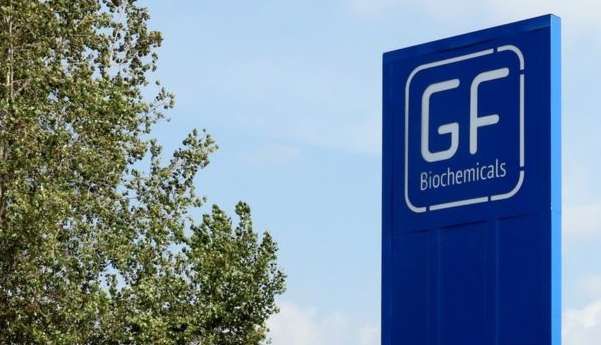
Mathieu Flamini - Part time footballer, part time environmentalist
The path Mathieu Flamini’s footballing career has taken has been something we’ve seen many times before. A talented young Frenchman making a name for himself in Ligue 1, before making his way to a big Premier League club. Formerly of Marseille, Flamini made the switch to Arsenal.
While he wasn’t the most gifted player to ever grace the Emirates, his unrestrained fighting spirit and his two goals against Tottenham has given him cult-hero status among fans. Flamini’s time at Arsenal ended last season when he was transferred to Crystal Palace.
However, in November 2015, the world was somewhat perplexed when the French midfielder announced that he and Pasquale Granata cofounded a company called GF Biochemicals during the midfielder’s stint at AC Milan. A year following this announcement, the company continues to thrive.
In an interview with the BBC, Flamini discussed his involvement with the company, and his motivations behind the project.
“At the time he [Pasquale] was already interested in the problem of climate change and we really wanted to do something. So after meeting with a scientist, together we developed this biotechnology.”
GF Biochemicals manufactures Levulinic acid, more technically known as 4-oxopentanoic acid. Levulinic acid (LA) is versatile in its applications. The molecule’s derivates can be used in a huge variety of compounds, from pharmaceuticals to cigarettes. But more importantly, LA is also used to produce biofuels and other environmentally friendly compounds such as biodegradable plastics. In fact, LA was named in the US Department of Energy’s top 12 biobased molecules.
Levulinic acid is typically manufactured by simply applying heat to biomass. Specifically, biomass which contains cellulose or starch-based feedstock. When heated with an acid, levulinic acid is formed. The challenge is to produce the compound in high yields with high efficiency at an industrial scale. This is what GF Biochemicals have tried to do. And to GF Biochemicals’ credit, they have been the first company to successfully mass produce LA.
As aforementioned, LA itself isn’t very useful. Rather, its derivatives are (molecules produced when LA reacts with something else). Which is why, in early 2016, Flamini’s company acquired Segetis, who produce LA derivatives for uses in fragrances, plasticizers and household and industrial solvents, among many other applications. The eventual hope is that LA derivatives will replace the ones of hydrocarbons (which are obtained from petroleum) in many applications, to foster environmental sustainability.
Despite entering the twilight years of his career at the age of 32, Flamini clarifies that he is a footballer first, and a businessman second.
“I want to make something clear, my priority is football. But as you can imagine, a football player has other interests outside the pitch. And my interest is the bio-economy.’

